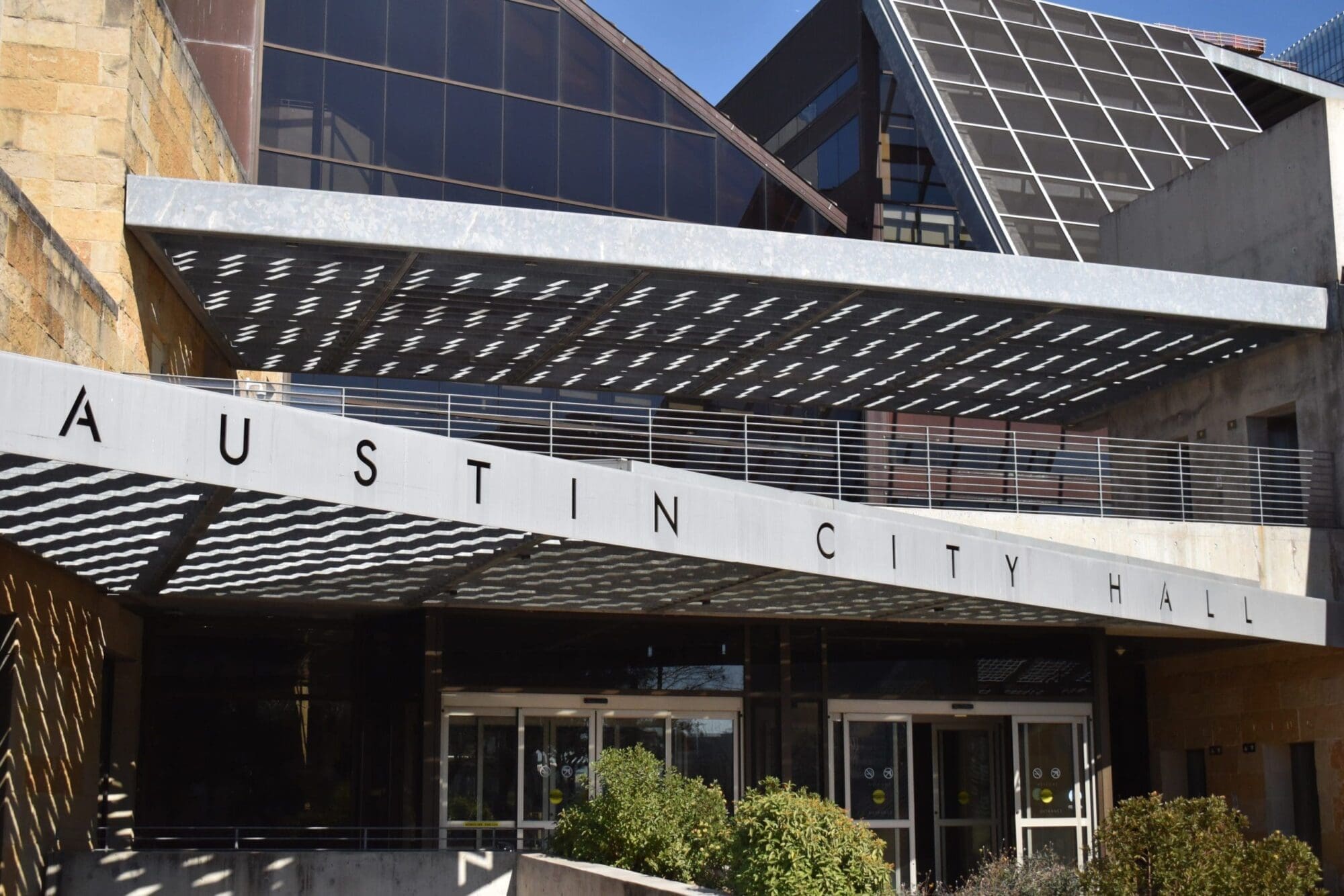While most Texans long for lower property taxes, especially as they struggle with rising prices driven by 40-year high inflation rates, a group of residents in one North Texas city is asking local officials to raise their property taxes.
Allen resident Carol Cook started an online petition called Just Say No to NNR for City of Allen Budget.
NNR, short for no-new-revenue, is a property tax rate calculated to collect the same amount of revenue from the same properties taxed the previous year.
Any rate higher than the no-new-revenue rate is a tax increase.
Cook’s petition, which had 375 signatures as of today, says a property tax increase is “vital for the future of our great city,” and if the city adopts the NNR for a second year in a row, “the financial impact down the line for all of the citizens will be disastrous.”
There are three councilman [sic] that are pushing for No New Revenue (NNR) which effectively means that there will be no city tax increase at all. While this sounds great in theory, this also means that they are asking city departments to cut expenditures. This means that street repairs will be delayed, the hiring of staff to provide city services will be placed on hold, equipment that needs to be replaced due to age and damage will be band aided and necessary roof repairs to city buildings will be postponed.
It is important to remember that while inflation is affecting your household, it also affects the City of Allen.
“Is it really worth passing NNR to save the equivalent of a fast food drive through order for one of [sic] it means missing out on necessary repairs throughout the city?” she adds, using a comparison commonly employed to pitch tax increases.
The three council members Cook refers to are Daren Meis, Dave Shafer, and Dave Cornette.
The “Three Ds” were elected in 2021 after campaigning on a platform of maintaining city services without raising property taxes.
“I didn’t campaign on the no-new-revenue rate,” Shafer said during last year’s budget hearing. “I campaigned on going below it.”
With support from conservative citizens, they succeeded last year in delivering the NNR for Allen taxpayers for the first time in at least a decade.
Last year’s budget debate sparked the disagreement that led to this year’s dueling tax rate petitions.
A petition to Support the No New Revenue Tax Rate was started by Nathan Polsky, a libertarian who also ran for Allen City Council last year and supports lowering (and eventually eliminating) property taxes.
Polsky’s petition, which currently has 291 signatures, notes that even with inflation at an all-time high, a city budget based on the NNR still fully funds needed city services.
As homeowners, we do not get to ask our employers for more money due to our irresponsible planning. The No New Revenue (NNR) tax rate will prevent our city property taxes from being higher than the previous year, yet, due to that irresponsible planning, the city is asking for more money to cover costs that would best be handled by private investors or put off to later years when we’ve paid off our current debt.
Multiple options were put in front of the City Council to FULLY fund the budget while achieving the NNR. Nothing would be cut.
“Nothing is preventing individuals from paying more in property taxes if they feel that they have the additional funds available,” he adds, “but with the current state of the nation, we feel that residents should not be forced to carry that burden.”
Shafer says the no-new-revenue rate is “a complete misnomer” because the city still collects “new” property tax revenue from properties and improvements added to the tax base each year, and also receives money to fund the city’s expenses from a variety of other taxes, fees, and grants.
He notes that property taxes are “taxes in which the average resident gets no say on, other than through your elected officials.”
What do I mean? Well, you can choose how much of a given item you purchase (sales tax), or whether you rent a room in a hotel, or how much water you use out of the faucet. You pay property tax for daring to live within the taxable authority’s jurisdiction.
Shafer said he supports budgeting based on the NNR again this year, adding that “all matters related to Police and Fire” would be funded. “I do not now, nor will I ever, take your safety lightly. Street repair and neighborhood revitalization are being funded, along with facility maintenance.”
Any city tax increase requires a 60-percent vote—in this case, five of Allen’s seven council members.
If Shafer, Cornette, and Meis remain committed to providing property tax relief while fully funding city services, Allen residents will be spared a property tax hike again this year.
The Allen City Council will hold a public hearing on the proposed tax rate and budget, and then vote to approve them, on Tuesday, September 13.
Citizens can contact council members with any comments or questions.
No ads. No paywalls. No government grants. No corporate masters.
Just real news for real Texans.
Support Texas Scorecard to keep it that way!





